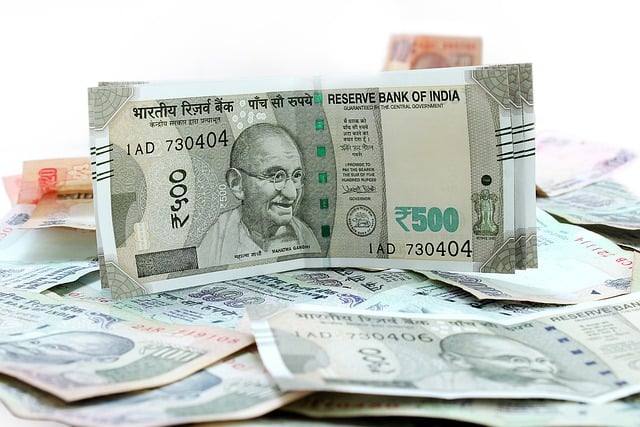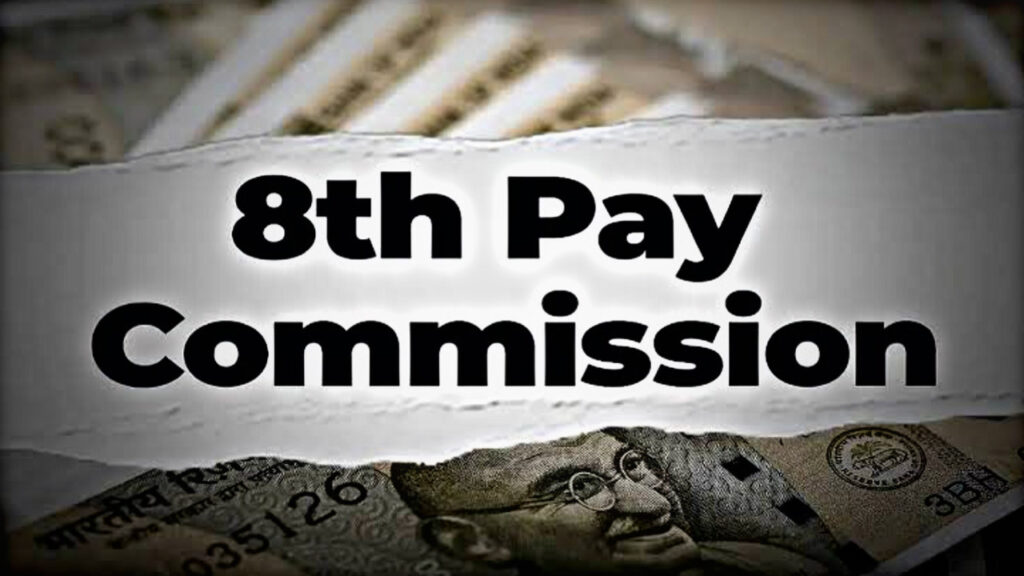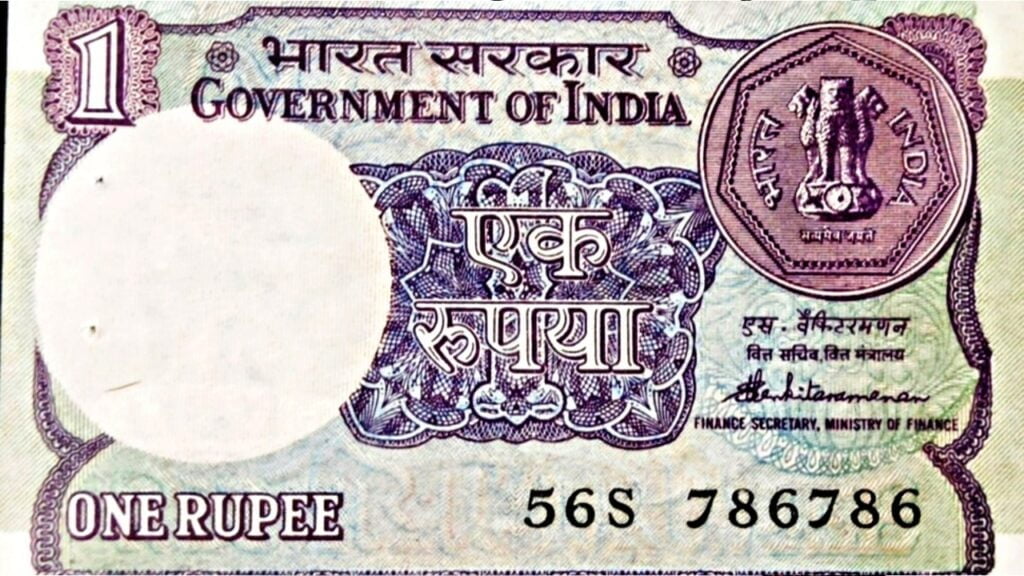8th Pay Commission
The 8th Pay Commission has become a major topic of discussion among central government employees in India. As the 7th Pay Commission was implemented in 2016, expectations are now rising for the next revision of salaries, allowances & pension structures. But what changes can employees expect in terms of salary structure? And how much increase is likely? Here’s a detailed look.

When Will the 8th Pay Commission Be Implemented?
Historically, a new Pay Commission is introduced every 10 years. Following that pattern, the 8th Pay Commission could be implemented around January 2026, though announcements or preparations might begin earlier. The government has not yet made an official statement, but the demand for the commission is already gaining momentum among employee unions and associations.
Expected Changes in Salary Structure
The primary aim of a Pay Commission is to review and recommend changes in the salary and benefits of central government employees based on inflation, cost of living, and economic growth. If the 8th Pay Commission follows the trend of the previous ones, the salary structure is expected to see a significant boost.
One of the key changes likely will be in the fitment factor a multiplier used to calculate the revised basic pay. In the 7th Pay Commission, the fitment factor was 2.57. Reports suggest that in the 8th Pay Commission, this could be increased to 3.68 or even higher, which means the basic salary of employees may rise by 30% to 45%.
HRA and Other Allowances

House Rent Allowance (HRA), Dearness Allowance (DA), and Transport Allowance are also expected to be revised. Since inflation has seen a steady rise over the past few years, allowances will likely be adjusted to reflect current market realities. DA, which is currently revised twice a year, will continue to be a key component of salary increases.
The HRA slab may also be modified to better suit metro and non-metro cities. Employees posted in expensive urban areas could see higher HRA benefits to compensate for higher living costs.
Pension Reforms May Also Be Included
The 8th Pay Commission might not be limited to active employees. There is increasing demand for pension revision for retired government employees, especially those under the old pension scheme. While the National Pension System (NPS) is already in place for new employees, retirees are hopeful that the 8th Commission will include proposals for enhanced pension benefits.

Impact on Economy and Budget
While salary hikes are great news for employees, they also place a significant burden on the central government’s finances. With over 1 crore employees and pensioners combined, any hike will need to be carefully planned and budgeted.
The 8th Pay Commission is eagerly awaited and could bring a major shift in the salary structure of central government employees. Though nothing is official yet, the possibility of a 30–45% salary increase, improved allowances, and revised pensions makes it a hopeful development. As the 2026 implementation year approaches, more clarity is expected from the government.





